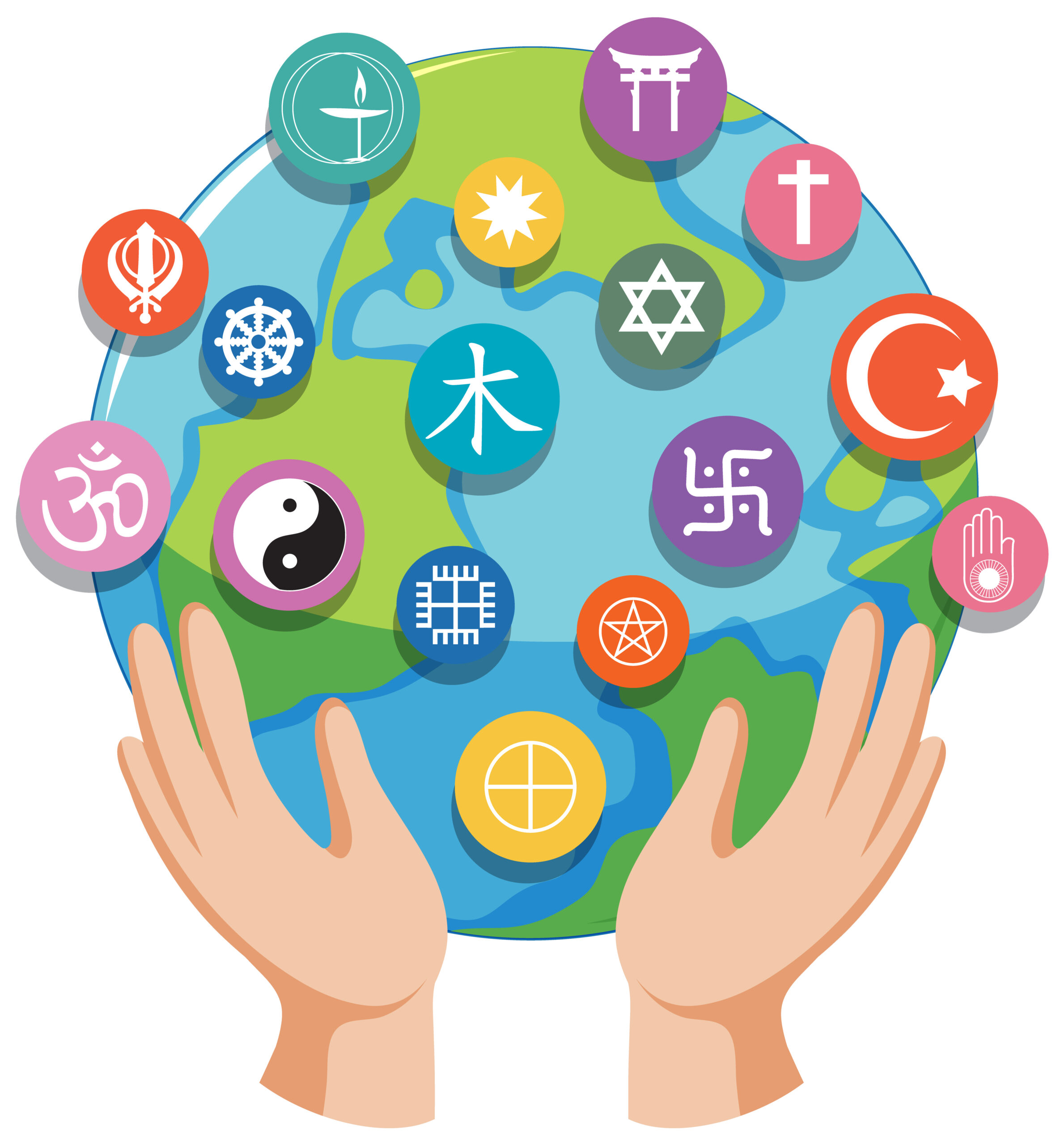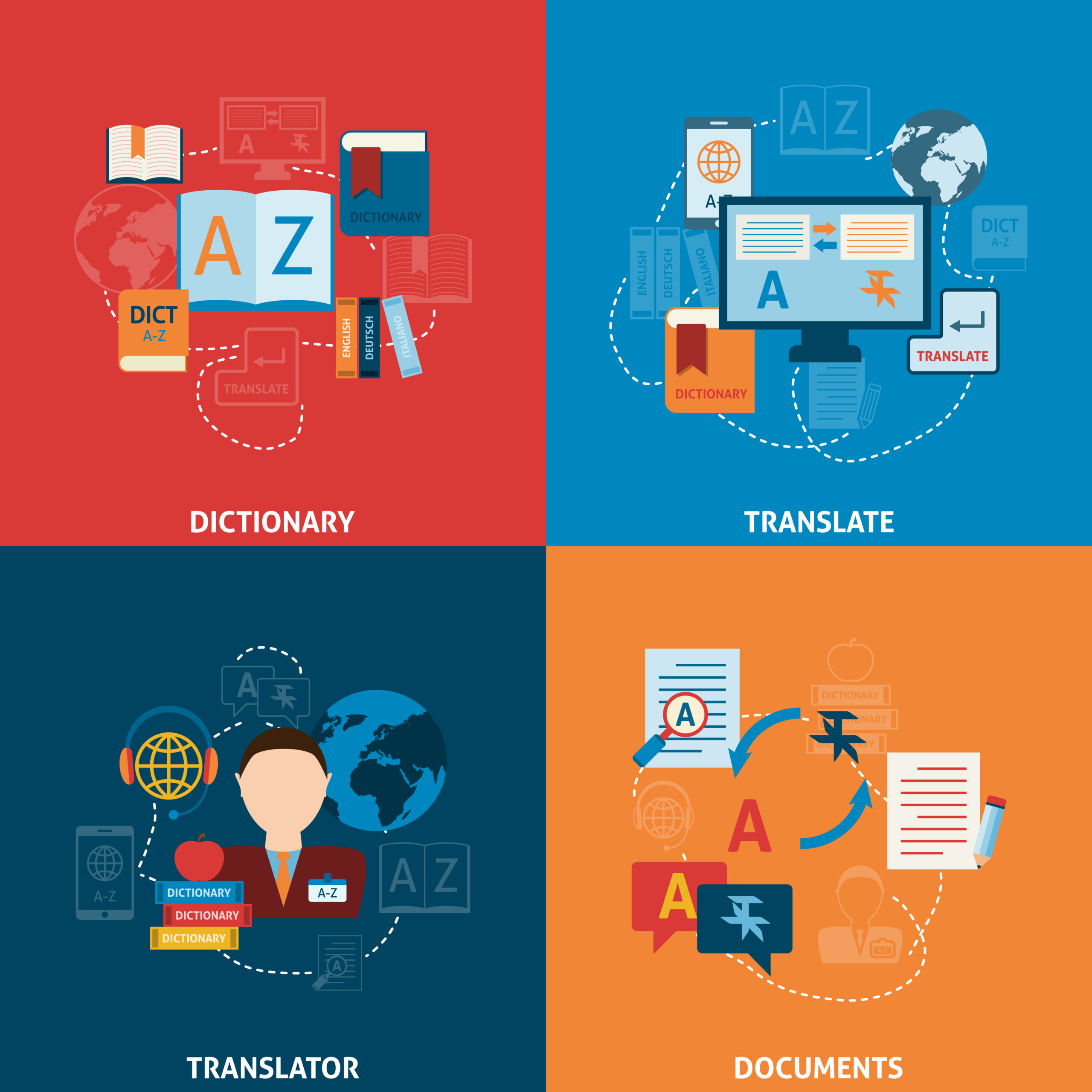Research Clusters
Because I-SHORE’s primary aim is to promote the Social Sciences and Humanities among undergraduate students, graduate scholars, practitioners, and the wider public in Kerala, we envision building a platform for sustained engagement and collaboration across disciplines. Accordingly, our activities are structured into five core clusters, each fostering intellectually supportive networks through regular discussions, seminars, and training initiatives. These clusters reflect broad research themes and are not exclusive—participants are welcome to join one or more, and we remain open to emerging and innovative areas of enquiry in research and teaching.


Transregional Mobility
This cluster explores historical and contemporary movements across and within regions, with particular attention to southwestern India and the Indian Ocean world. We study how people, goods, texts, ideas and communities have circulated, shaping economic, social, and political transformations. Our research addresses long-term historical connections as well as present-day mobilities, such as international migration and internal labour flows. We are especially interested in how processes like globalisation and neoliberal reforms reshape mobility and impact everyday life. Topics such as Gulf migration, circular migration, and rural-urban shifts are of key interest, but the cluster remains open to diverse forms of mobility—legal and undocumented, voluntary and forced—and their far-reaching implications for the region.
Unequal Developments
Focusing on inequalities in socio-economic and political developments, this cluster examines how class, caste, religion, gender, and other social identities shape access to justice and resources. We are particularly concerned with how democracy and development deal with the struggles of marginalised communities, both historically and today. Our work engages with the long struggles and lived realities of Dalits, Adivasis, fishing communities, the labouring poor, and religious or sexual minorities. The cluster fosters research that interrogates structural exclusion, shifting state policies, and diverse practices of resistance. Through critical engagement with concepts such as social citizenship and justice, we aim to contribute to the ongoing discussions on development, rights, representation and systemic marginalisations.


Religious Articulations
This cluster supports research on religious texts, traditions, and practices from both historical and contemporary perspectives. It is rooted in the plural religious history of the region, encouraging studies that engage with interactions and entanglements across traditions—Hindu, Muslim, Christian, Jewish, Buddhist, Jain, and others. We welcome work on the articulations and reinterpretations of religious practices and identities in changing social, political, and global contexts. Particular interest lies in how religion intersects with caste, race, gender, class, and how it is negotiated in different contexts. The cluster also invites explorations into how religious identities are reshaped in response to nationalism, migration, technologies, and global flows of capital and ideas.
Knowledge Translation
This cluster explores the concepts and practices of knowledge production, circulation, and translation in the region. We focus on the circulation of texts across languages and publics, and on the evolution of genres within and beyond formal academic spaces. Central concerns include the politics of articulation, shifts in reading communities, and the ways in which vernacular and scholarly knowledge are framed and valued. One key initiative is to translate important early Malayalam scholarly writings (up to 1950) into English, as well as to translate historical documents and rare sources concerning Kerala from diverse Asian and European languages into Malayalam and English. The cluster also supports a wider rethinking of translation—not just as linguistic transfer but as a method of reinterpreting and recontextualising knowledge.


Palaeographical Exchanges
The region’s unique geopolitical and cultural history has fostered a remarkable diversity of scribal and literary traditions. Communities including Hindus, Buddhists, Jains, Jews, Christians, and Muslims have all contributed to the region’s documentary heritage. This cluster brings together scholars of script and manuscript traditions to examine the multilingual, multiscriptal history of Malayalam and its textual practices. We focus on materials written in Syriac (Garshuni), Arabic (Arabic-Malayalam), and indigenous scripts such as Vaṭṭeḻuttu and Kōleḻuttu. Our aim is to identify, catalogue, edit, and publish rare and under-studied manuscripts for wider academic and public engagement. The cluster invites collaboration among historians, linguists, palaeographers, and archivists interested in South Asian documentary cultures.

